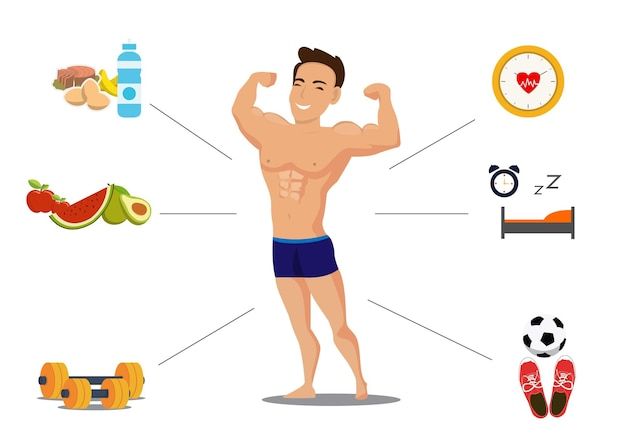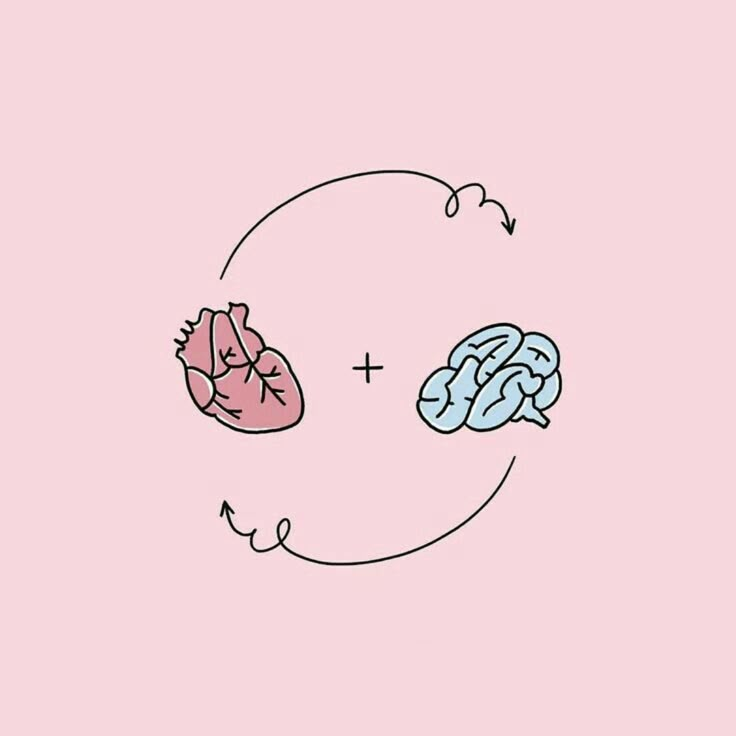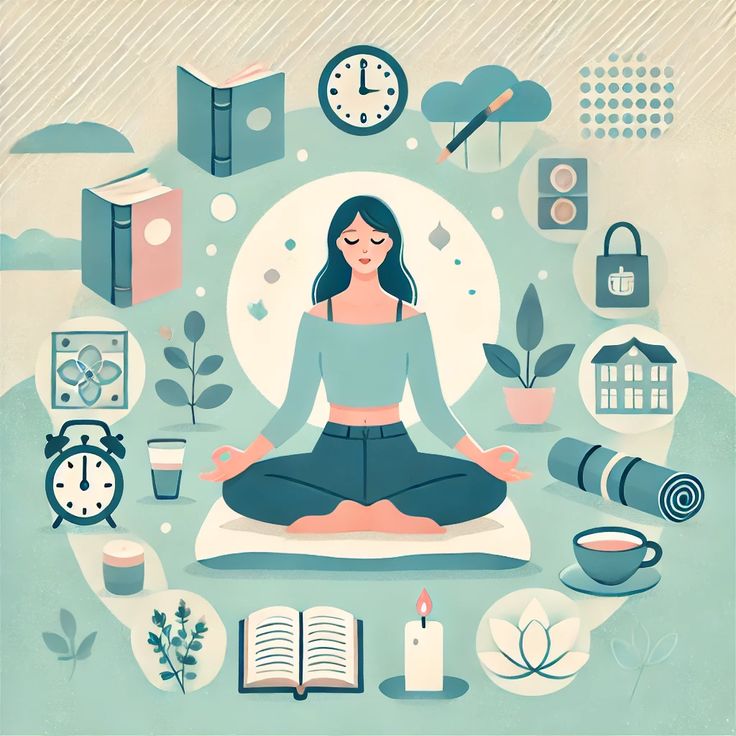Taking care of yourself every day is essential for maintaining a healthy and balanced life. By following daily self-care tips, you can improve your physical health, boost your mental well-being, and enhance your emotional stability. These self-care strategies can help you feel more energized, reduce stress, and foster long-term happiness. From nourishing meals to mindful practices, incorporating daily self-care tips into your routine makes a noticeable difference.
1. Self-Care
Self-care is a personal commitment to our health and well-being. It involves adopting habits and routines that promote balance in our lives.
Physical Care

Physical well-being is the foundation of self-care. Taking care of our bodies allows us to live an active and fulfilling life. To achieve this, it is important to:
- Maintain a balanced diet rich in fruits, vegetables, proteins, and healthy fats.
- Reduce the consumption of processed sugars and ultra-processed foods.
- Exercise regularly for at least 30 minutes a day, whether walking, running, swimming, or playing a sport.
- Sleep 7 to 8 hours each night for proper body and mind recovery.
- Stay hydrated by drinking enough water throughout the day.
- Avoid excessive consumption of alcohol, tobacco, and other harmful substances.
- Attend regular medical check-ups to prevent illnesses and maintain good health.
Mental and Emotional Well-Being

Mental and emotional well-being is just as important as physical health. To strengthen it, you can:
- Dedicate time to activities you enjoy and that help you relax, such as reading, listening to music, or practicing a hobby.
- Practice meditation or mindful breathing to reduce stress and anxiety.
- Establish healthy boundaries in relationships and learn to say “no” when necessary.
- Express emotions in a healthy way and seek support from family, friends, or professionals when needed.
- Avoid excessive self-criticism and foster self-love through positive affirmations.
- Develop problem-solving and time management skills to prevent emotional overload.
Social Self-Care

Self-care is not just individual; it also involves maintaining healthy and meaningful relationships with others. To strengthen your social life:
- Surround yourself with people who bring positivity and well-being into your life.
- Stay in touch with family and friends, dedicating quality time to interpersonal relationships.
- Participate in community activities or groups with shared interests to strengthen your sense of belonging.
- Learn to set boundaries in toxic or harmful relationships that may affect your emotional well-being.
Professional and Personal Self-Care

Balancing work and personal life is essential for overall well-being. To achieve this:
- Organize your time and avoid work overload by setting priorities.
- Seek learning and growth opportunities to improve your skills and competencies.
- Maintain a balance between work and rest, ensuring time for leisure activities.
- Learn to disconnect from work at appropriate times to avoid burnout.
2. What Should You Avoid to Prevent Poor Self-Care?
Poor self-care can have negative consequences for health and well-being. Some practices to avoid include:
Neglecting Nutrition
- Consuming excessive fast and processed food, which can lead to health issues like obesity, diabetes, and hypertension.
- Skipping meals or following extreme diets without professional supervision.
- Not staying hydrated, which can affect concentration and physical performance.
Ignoring the Importance of Rest
- Having irregular or insufficient sleep habits, affecting daily performance and increasing stress.
- Overworking without setting proper rest times.
- Not disconnecting from electronic devices before bed, which can impact sleep quality.
Living a Sedentary Life
- Not engaging in regular physical activity, increasing the risk of cardiovascular diseases and affecting mood.
- Spending long hours sitting without taking active breaks.
Neglecting Mental and Emotional Health
- Ignoring signs of stress, anxiety, or depression without seeking professional help.
- Avoiding expressing emotions and bottling up negative feelings.
- Not allowing time for relaxation and recreation.
- Staying in toxic relationships that affect self-esteem and emotional well-being.
Social Isolation
- Not maintaining contact with family and friends, which can lead to feelings of loneliness.
- Avoiding social situations out of fear or anxiety without seeking strategies to improve social interaction.
Neglecting Hygiene and Personal Care
- Ignoring personal hygiene, which can impact health and self-esteem.
- Skipping regular medical check-ups, which can lead to late disease detection.
Prioritizing daily self-care tips allows you to feel more energized, focused, and emotionally strong. By integrating these self-care strategies into your daily routine, you can create a healthier lifestyle that supports both your body and mind. Start today and experience the long-term benefits of consistent self-care!





